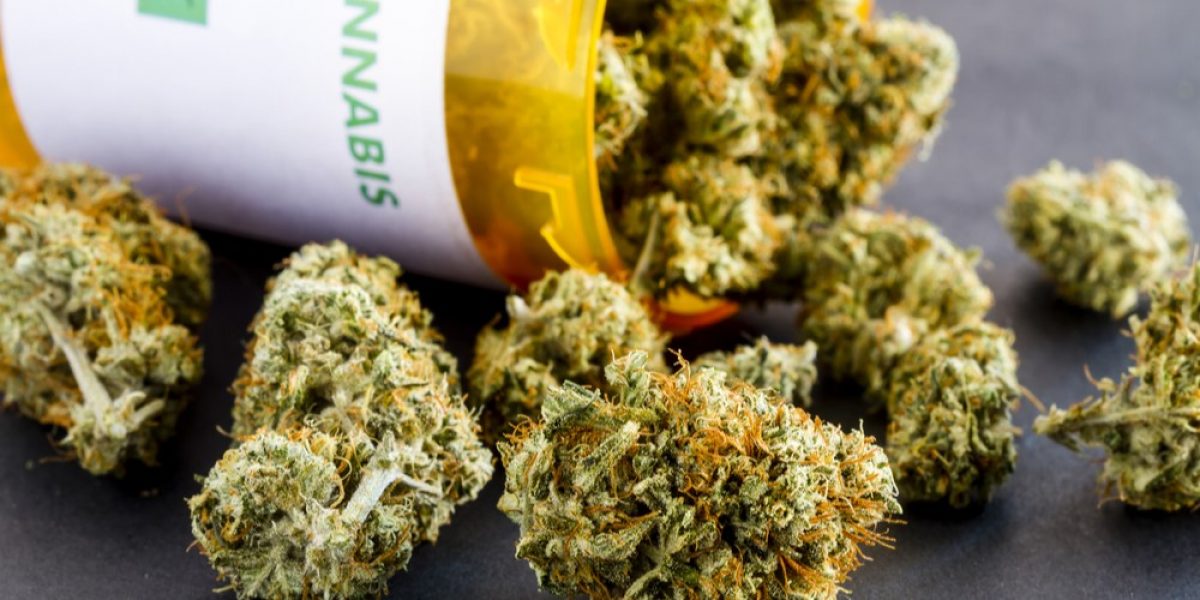The News
In recent news, the Department of Health and Human Services (HHS) has initiated a process aimed at revisiting the classification of marijuana under the Controlled Substances Act. This move could have profound implications for the burgeoning marijuana industry, which has faced numerous federal regulations even as states continue to legalize cannabis for both medical and recreational use.
Read also: Unveiling Skiplagging: The Sneaky Travel Technique That’s Shaking Up Airline Industry Norms
The Current Situation
Since the 1970s, marijuana has been classified as a Schedule I drug, alongside substances like heroin and LSD. This categorization implies that marijuana has no accepted medical use and a high potential for abuse. Despite scientific research and evolving state laws supporting its medicinal properties and safe use, marijuana remains in this restrictive category, outranking dangerous substances like fentanyl, cocaine, and methamphetamine.
A Potential Shift to Schedule III
The HHS has suggested that marijuana be reclassified as a Schedule III drug, alongside substances such as ketamine, anabolic steroids, and testosterone. Schedule III drugs are considered to have a moderate to low potential for physical or psychological dependence. However, it’s crucial to note that this recommendation does not entail a complete de-scheduling of marijuana.
Under this proposed change, federal law would still prohibit the cultivation, production, and sale of marijuana, even though it’s currently legal for medical use in 39 states and for recreational use in 23 states.
The Decision-Making Process
The HHS conducted a scientific and medical evaluation as part of its recommendation process, which will influence the final decision on marijuana’s classification. This decision is expected to be made prior to the 2024 presidential election, with historical precedence suggesting that the Drug Enforcement Agency (DEA) is likely to follow the HHS’s scheduling recommendation.
The DEA’s evaluation will consider three criteria: the potential for abuse, medical utility, and safety or addiction risks associated with marijuana. Notably, the widespread existence of medical marijuana programs in nearly 40 states could make maintaining Schedule I classification challenging.
Once the DEA reaches a decision, it will submit a proposal to the attorney general, who will make the final ruling.
Impact on the Marijuana Industry
If marijuana is rescheduled as a Schedule III substance, several significant changes could benefit the marijuana industry:
- Tax Opportunities: One of the most substantial advantages will be the ability for marijuana-related businesses to write off expenses on their federal tax returns. Currently, this is prohibited for Schedule I substances under IRS code 280E, posing financial challenges for many industry players.
- Interstate Commerce: Rescheduling could allow for the legal transport of marijuana across state lines, addressing the issue of oversupply in certain states with legal markets.
- Research and Investment: A change in classification would open doors for increased research opportunities and potentially attract investors back to the industry, which has experienced a capital slowdown.
- Publicly Traded Stocks: Rescheduling could boost the value of publicly traded marijuana stocks.
Remaining Challenges
However, it’s important to note that rescheduling to Schedule III would not resolve the banking issue. Traditional banking and loans have eluded the marijuana industry due to its federal status. A proposed bill, the Secure and Fair Enforcement Banking Act (SAFE), is currently making its way through Congress and could address this problem.
Towards Federal Legalization
While these developments are significant, Senate Majority Leader Chuck Schumer and industry executives emphasize that the ultimate goal is to end federal prohibition on cannabis. They see these steps as progress toward a broader change in federal marijuana policy.
Key Takeaway
In summary, the potential reclassification of marijuana to Schedule III by federal authorities could mark a significant turning point for the marijuana industry. This move has the potential to alleviate some of the industry’s key challenges and pave the way for further reform, although the journey toward full federal legalization remains ongoing.






